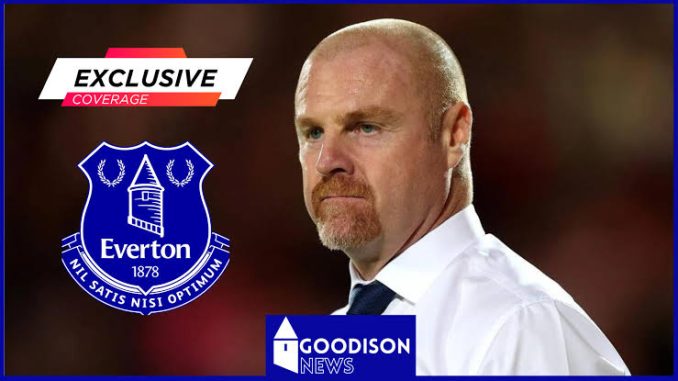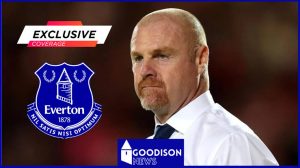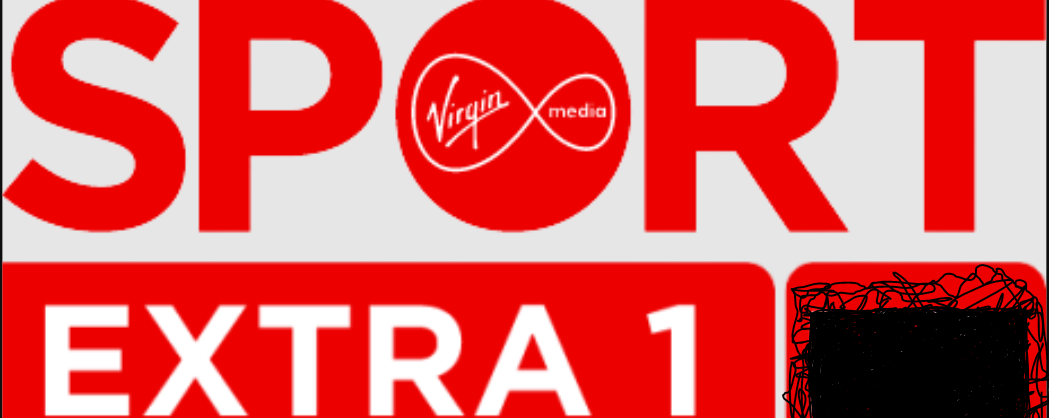
Everton Appoints Dutch Coach to Replace Sean Dyche: A Strategic Shift

In a surprise move, Everton Football Club has announced the appointment of a Dutch coach to replace Sean Dyche, signaling a significant shift in the club’s managerial direction. Dyche’s departure after a rocky tenure leaves Everton searching for a leader capable of steering the team away from its current struggles and establishing a sustainable future in the Premier League. This decision has sparked curiosity among fans and pundits alike, with many questioning the motivations behind the choice of a Dutch coach, and what it means for the club moving forward.
### A Surprising Move
Everton’s decision to part ways with Sean Dyche came after a series of disappointing results. The club’s struggles to gain consistency in the Premier League under Dyche’s leadership, combined with an unconvincing style of play, ultimately led to the club’s decision to search for a new manager. Dyche, who had replaced Frank Lampard earlier in the 2023-24 season, had managed to avoid relegation in the 2022-23 season, but results during the 2023-24 campaign showed few signs of improvement. With Everton in a perilous position near the bottom of the Premier League, the club’s board determined that a change was necessary.
However, what caught many off guard was the choice of a Dutch manager, a departure from the typically British-focused managerial appointments in the Premier League. The announcement was made after an intensive search that considered numerous candidates, but the board ultimately favored a manager with a fresh perspective and a strong tactical identity—traits that are often associated with Dutch football.
### The Dutch Football Influence
The Netherlands has long been associated with high-level footballing philosophy, thanks in large part to the country’s “Total Football” ideology. Pioneered by figures such as Johan Cruyff in the 1970s, Dutch football is known for its emphasis on fluid attacking play, technical ability, and tactical innovation. Although the country has not produced consistent top-tier club success in recent decades, it has been a breeding ground for influential coaches, many of whom have achieved significant success in European club football.
The appointment of a Dutch coach can be seen as a signal that Everton is looking to adopt a more progressive style of play, one that is rooted in possession-based football and tactical discipline. The move is also indicative of the club’s desire to transition away from the more traditional, direct approach that characterized Dyche’s managerial reign. The expectation is that the Dutch coach will bring in a modern, adaptable style that will not only help to improve the team’s performances but also instill a sense of identity and fluidity into the squad.
### The Tactical Approach
Dutch coaches are often praised for their tactical flexibility and emphasis on nurturing young talent. With Everton facing financial restrictions, this could be a significant factor in the club’s decision-making process. The Dutch football philosophy is particularly attractive to clubs looking to build sustainably through youth development, as many successful Dutch coaches have experience working with and developing younger players. The new manager is expected to work closely with Everton’s youth academy to identify and promote talent from within the club, which would provide a long-term solution to the club’s financial challenges.
Additionally, Dutch coaches tend to adopt a more structured, attacking style of play. The philosophy is generally built around high pressing, quick transitions, and maintaining possession—attributes that could suit the current Everton squad, which has struggled with defensive consistency and creativity in the attacking third. A shift toward a more progressive and flexible approach could unlock more potential in the attacking players, such as Dominic Calvert-Lewin, Demarai Gray, and James Garner, who have all shown flashes of quality but have often struggled with form under Dyche.
### A New Era at Goodison Park
For Everton, the appointment of a Dutch coach is more than just a managerial change—it’s a statement of intent. The club’s long-term ambition is to build a team capable of competing at the highest level, something that has eluded them for decades. While the Premier League remains a fiercely competitive environment, Everton’s ambition is clear: they want to move away from the relegation battle and instead aim for stability, progress, and ultimately a return to European competition.
To achieve this, the board is betting on a fresh and modern approach to football. By appointing a coach with a tactical identity rooted in Dutch footballing principles, they hope to introduce a style that will not only suit the current squad but also position the club for future success. The Dutch coach will be tasked with balancing the pressures of short-term survival in the Premier League with the long-term goals of establishing Everton as a competitive force once again.
### Challenges and Expectations
While the appointment of a Dutch coach is seen as a step in the right direction by many, there will inevitably be challenges along the way. For one, the Premier League is a highly competitive environment, and success does not come easily. The new manager will need to quickly adapt to the unique pressures of English football, including dealing with the intense media scrutiny and managing a squad that has been through several managerial changes in recent years.
Furthermore, the coach will have to navigate the complexities of Everton’s squad, which is filled with players who are still adjusting to the demands of the Premier League. While Everton’s squad has potential, the club has often struggled to find consistency, and it will be crucial for the new manager to instill confidence in the players while implementing his tactical philosophy.
The Dutch coach’s success will also depend on his ability to navigate Everton’s ongoing financial challenges. While the club’s new stadium project at Bramley-Moore Dock promises long-term growth, the immediate budget for player acquisitions remains constrained. The new manager will need to make the most of the resources at his disposal, with a focus on shrewd recruitment and the development of young players from the academy.
### Conclusion
Everton’s decision to hire a Dutch coach to replace Sean Dyche marks the beginning of a new era at Goodison Park. While the appointment might raise some eyebrows given the club’s recent history, it reflects a growing desire for a more modern and sustainable approach to football. With a focus on tactical innovation, youth development, and progressive footballing principles, the Dutch manager will be expected to not only keep Everton in the Premier League but also lay the foundation for a more competitive and ambitious future. The coming months will determine if this bold move pays off, but for now, fans of Everton can be hopeful that their club is on the path to better days ahead.

Leave a Reply